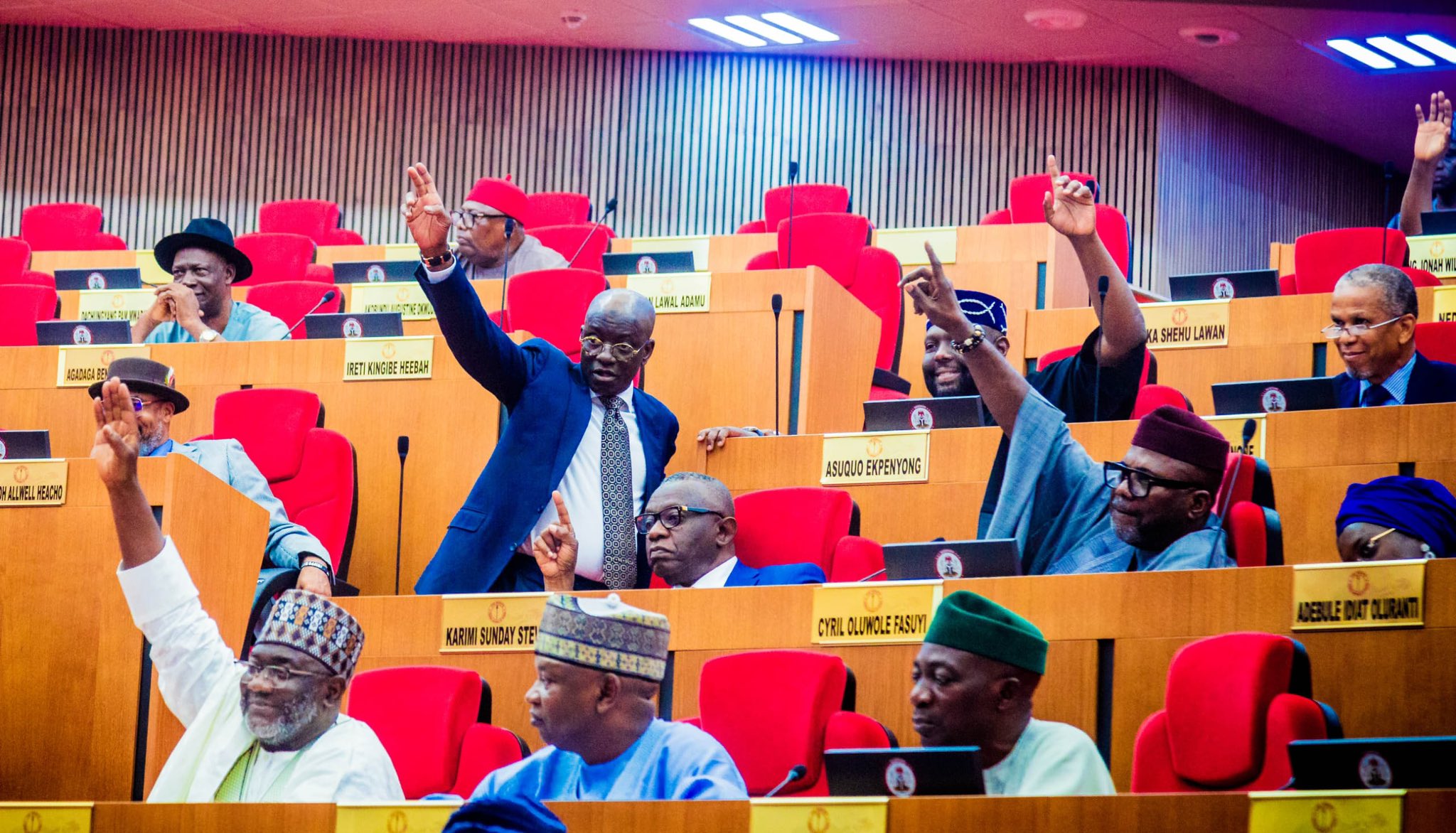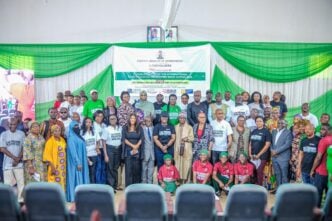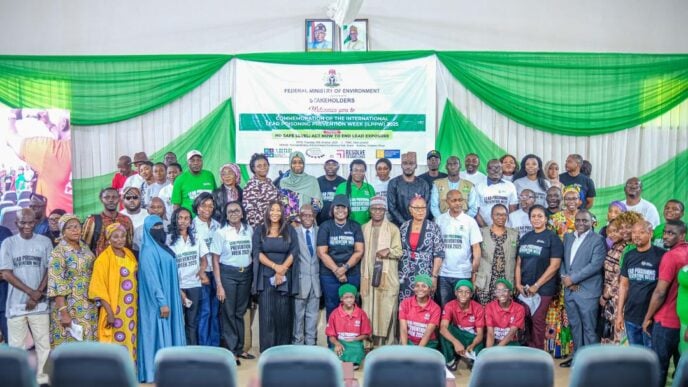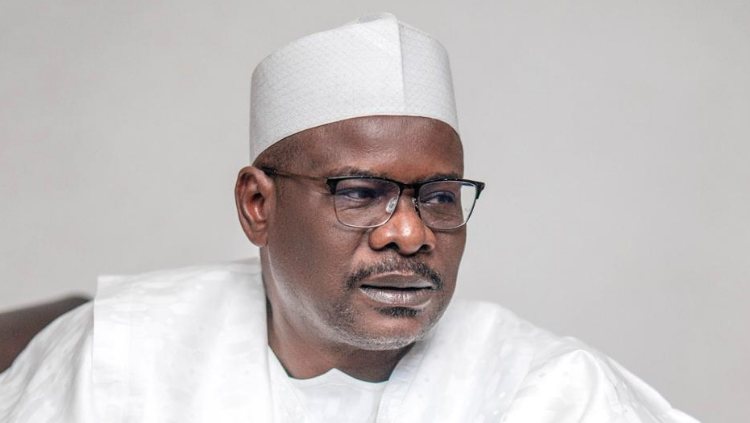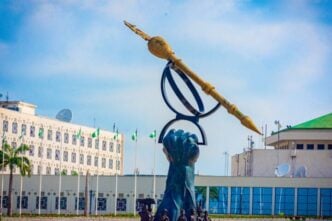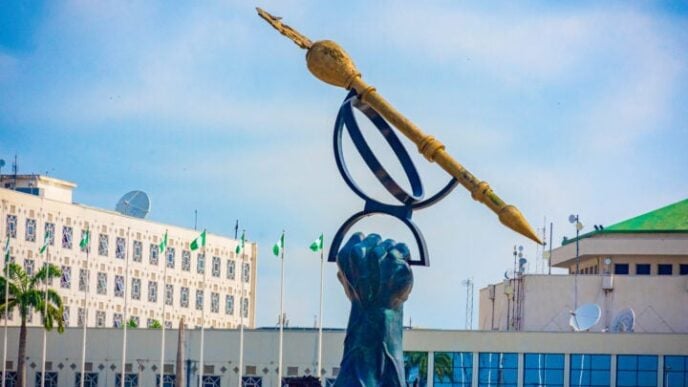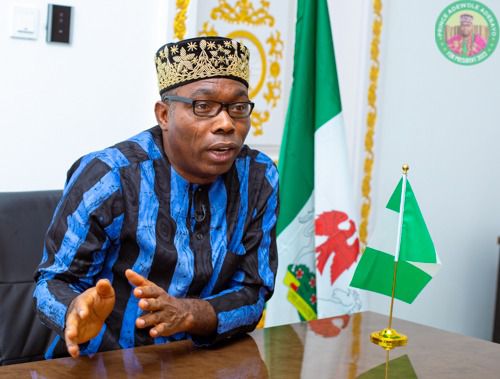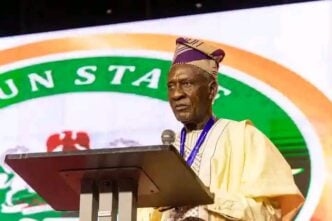A bill seeking to establish a National Centre for Autism and six zonal centres across Nigeria to promote early diagnosis, research, education, and care for persons with autism spectrum disorders (ASD) has passed first reading in the senate.
The bill, sponsored by Natasha Akpoti-Uduaghan, senator representing Kogi central, seeks to provide a coordinated national response to autism and ensure inclusion for persons living with the condition.
In her lead debate on the bill, Akpoti-Uduaghan described autism as a neurodevelopmental condition that affects communication, social interaction, and behaviour.
She said Nigeria currently lacks a dedicated national institution to coordinate diagnosis, research, therapy, and awareness on autism.
Advertisement
“Families are left to navigate this challenge alone, relying on poorly funded private facilities or seeking help abroad — an option only available to the privileged few,” she said.
“This bill seeks to correct that anomaly by establishing a National Centre for Autism with six zonal centres to ensure access, awareness, and inclusion.”
Citing data from the World Health Organisation (WHO), the senator noted that one in every 100 children globally is diagnosed with autism, adding that Nigeria’s true prevalence is likely higher due to limited awareness and diagnostic capacity.
Advertisement
She said the proposed centre would promote early diagnosis, intervention, and therapy; train professionals and caregivers; develop a national database; and reduce stigma associated with autism.
According to her, the national centre would be headquartered in Abuja, while the six zonal centres would be located in Abuja (north central), Bauchi (north east), Kaduna (north west), Enugu (south east), Port Harcourt (south south), and Ibadan (south west).
She said the bill would “bridge institutional gaps by coordinating autism diagnosis, research, and intervention through a national and zonal framework”.
“Autism is not a rare condition; it is simply rarely understood in our society,” she said.
Advertisement
“Many children with autism are mislabeled as stubborn, mentally ill, or possessed — leading to rejection, abuse, and lifelong exclusion.”
Akpoti-Uduaghan said the bill would ensure standardised care across regions, promote inclusion in schools and workplaces, and support families through counselling and community education.
She added that early intervention for children with autism has both social and economic benefits, helping them develop life skills and reducing future dependency costs.
“The centre will create employment opportunities for therapists, teachers, researchers, and medical professionals,” she said.
Advertisement
She noted that the bill aligns with Nigeria’s commitments under the United Nations Convention on the Rights of Persons with Disabilities (CRPD) and the sustainable development goals (SDGs), particularly goals 3 and 4.
“By enacting this law, Nigeria will demonstrate leadership in West Africa in addressing neurodevelopmental disorders through science, compassion, and policy coherence,” Akpoti-Uduaghan said.
Advertisement
She urged her colleagues to support the bill for second reading, describing it as “an act of social justice, empathy, and national foresight”.
“It is a call to give children with autism a chance to thrive, learn, and contribute to our great nation,” she added.
Advertisement
